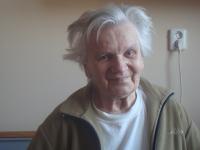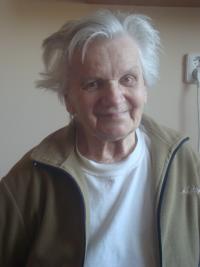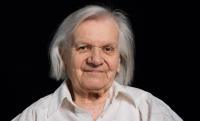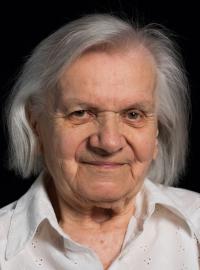When an idea becomes a state ideology, it loses almost all its ideals
Marie Tykalová was born on 26 January 1931 in Radlice near Prague in what was then Czechoslovakia. Her mother was a pre-war member of the Communist Party of Czechoslovakia (CPC) and an ardent support of the communist ideal, and so she devoted much of her attention to the CPC and tried to help it in various ways. During World War II she and her daughter joined the Communist resistance. Marie acted as a messenger, passing on information and distributing anti-Nazi leaflets. After the war she completed a secondary technical school and worked at a vocational school. However, she was later expelled from the CPC and had to earn a living sweeping the streets. After 1989 she was active in the Czech Union of Freedom Fighters in Prague 5.




